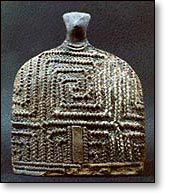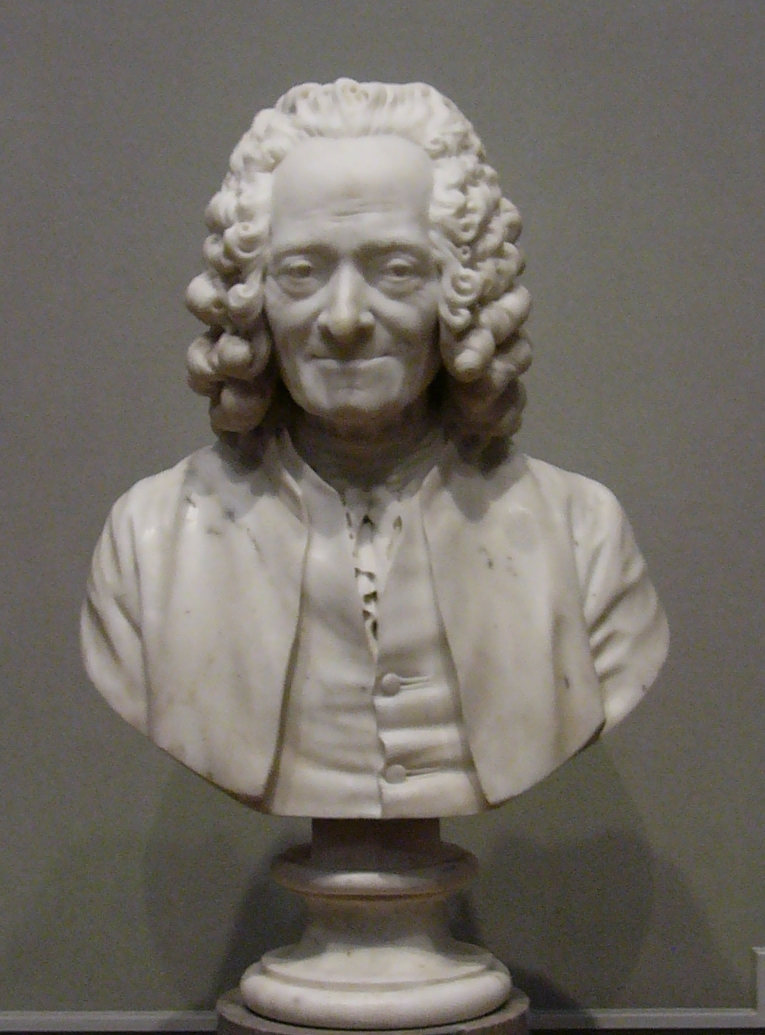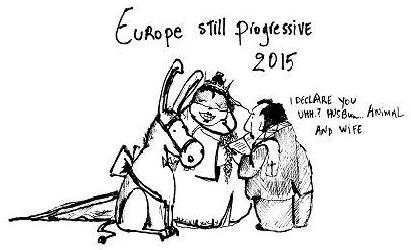When first that beauty stole my love from me,
My crying kept the neighbors up all night.
But now my love has grown, my crying ceased:
The fire that gets more air will smoke the least.
#725: From Rumi's Kolliyaat-e Shams-e Tabrizi
Key word:
stoleI was attracted to today's quatrain by its reference to Rumi's loss (or "stolen" love) and a certain resonance with comments I've posted to Segovius @
anulios regarding the fundamentally thieving nature behind Islamic "civilization". At the recent drama workshop, my friend was asked: "What is love?", to which she replied: "My cat." It reminded me of my terrible feelings of loss at losing my own cat, feelings she also felt at the loss of a cat. We both know how it feels to have our love stolen from us. The theatre company itself had experienced a loss, a death in the family, and it was clearly finding ways to recover.
What is astonishing is that Rumi refers to "that beauty" as the agent of the theft. The immediate agents would have been his associates, possibly including his son, who were behind Shams' disappearance and probable murder. The emotional agent may have been jealousy. However, Rumi would here be referring to the divine or ultimate agent that fixed Rumi's fate or spiritual path as passing through this great grief.
It has occurred to me that, in the earlier phases of this blog writing, I was still working through my grief at the loss of my cat, identifying strongly with Rumi's grief and sailing, so to speak, on the waves of empathetic emotion. I found a friend who felt just like me. In recent times, however, the tone of my writing and of the quatrains I've been choosing is more cheerful and self-assured. Strength and beauty have become stronger themes, taking over from sadness. This quatrain, then, fits my current mood well.
When Rumi talks of "my love" he is referring to Shams (this being, after all, a poem in the Shams collection). However, it is said that in his search for Shams in physical space, the realization suddenly came over him that Shams was present within him all along. Shams is then the archetypal Spiritual Teacher or Old Wise Man who guides a man (especially) along the path to self-knowledge and self-realization. A similar grieving process and realization may have occurred to Jesus' disciple Peter as exquisitely described by Spong in his
Resurrection book. When that salvific realization occurs, then the pain of grief takes on a new meaning and one's life path seems clearer.
As I read Rumi and Shams through him, especially in this last line, I hear a plea for self-expression. Give air to your passions, express your great emotions, let the fire burn freely. If it is smothered, restrained, closed in, repressed, it will only make thick dark smoke that will obscure the mirror of your mind and delay enlightenment interminably.
Rumi, Shams and I would say together: let those cartoonists have their say, let Rushdie have his say, let Muslims speak out also. If you kill artistic expression as Theo van Gogh's murderer tried to do, you will only cloud the issues. When healthy artistic, emotional and erotic expression has been supressed (no music, no singing, no dancing) then what can you expect? The young men will turn to the only outlets left: murder, mayhem, madness. Young Muslim males might do better taking their cue from Mick Jagger, a master at getting maximum air to the fire:
























